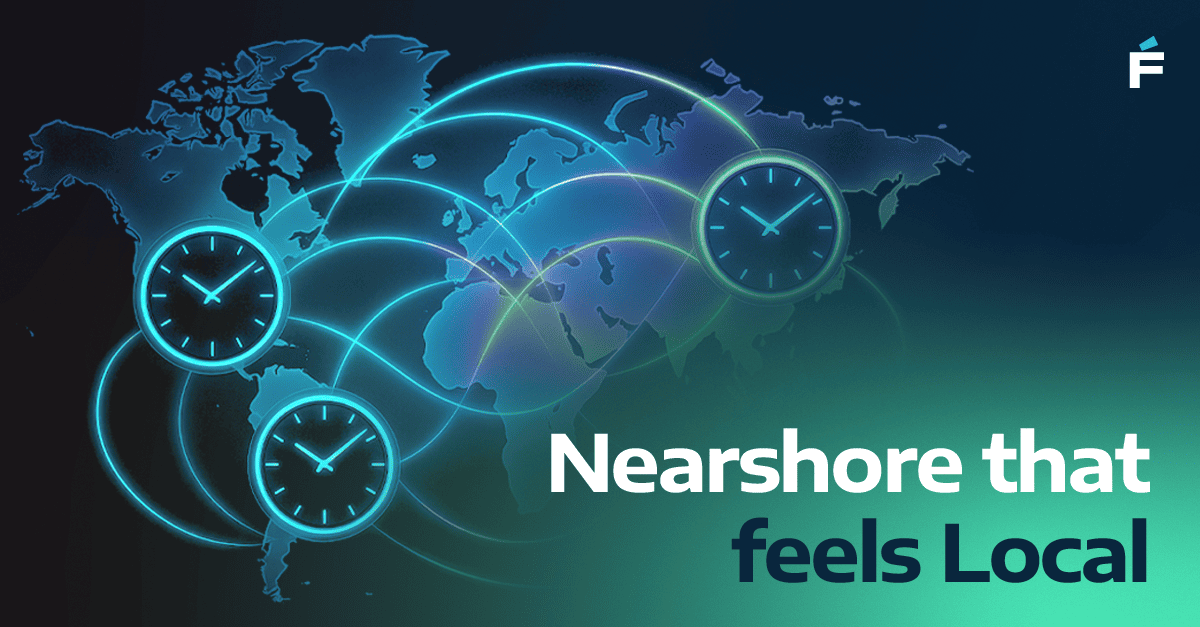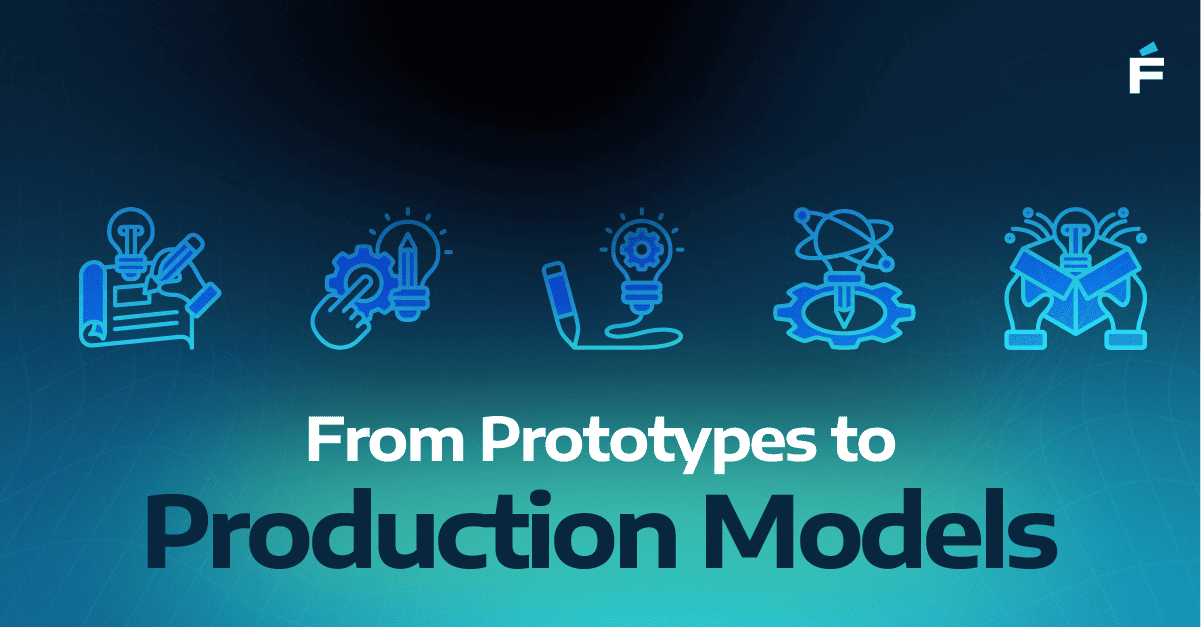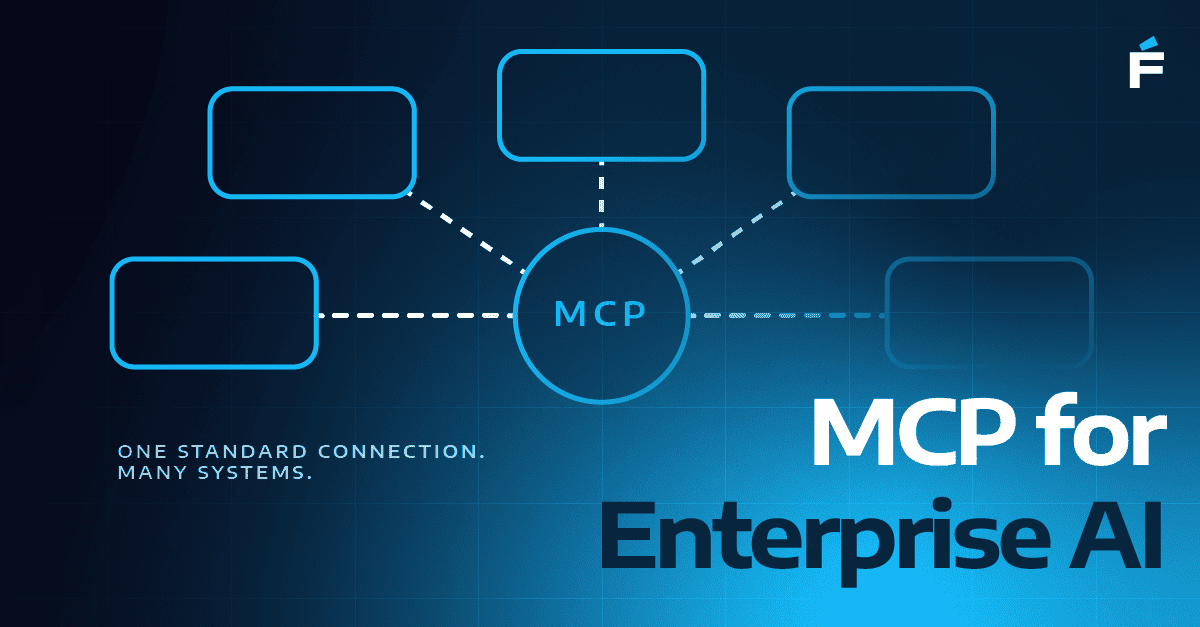RAG (Retrieval-Augmented Generation) is a groundbreaking technology in language processing because it combines two important abilities: understanding questions and finding answers in large amounts of data. This means it can provide accurate and relevant responses to queries, unlike traditional methods that struggle with context.
Businesses can benefit from RAG by integrating it with their internal knowledge databases. This helps teams make quicker decisions with the most current information available. Plus, RAG keeps learning from new data, making it a smart choice for businesses looking to stay ahead.
Essentially, RAG is capable of not only understanding questions but also retrieving and synthesizing information from vast repositories of data to generate intelligent responses.
The Rise of RAG in the AI Landscape
The development of RAG stems from the growing demand for more sophisticated AI solutions that can handle complex tasks with precision and efficiency. In today's AI landscape, organizations are increasingly looking for ways to harness the wealth of data at their disposal while ensuring privacy and security.
.png?width=640&height=280&name=RAG_Diagramx2%20(2).png)
Uses and advantages of RAG
As businesses grapple with the challenges of data privacy, security, and scalability, RAG emerges as a solution that offers seamless integration with internal knowledge bases, enhanced privacy and security features, and the ability to revolutionize customer interactions and streamline internal processes.
Seamless Integration of Internal Knowledge
One of the key advantages of RAG AI is its ability to seamlessly integrate with internal databases, empowering teams to access and leverage proprietary knowledge effectively. By combining ChatGPT with internal documents, organizations can ensure that every response is backed by comprehensive, up-to-date information, leading to quicker, more accurate decision-making.
Large manufacturing companies, for example, can implement RAG AI to enhance their customer service operations. They can integrate RAG with its internal database of product manuals, technical specifications, and troubleshooting guides, so that customer support agents can quickly access relevant information to address customer inquiries. When a customer asks about a specific product feature or encounters an issue, the RAG-powered system can retrieve accurate and up-to-date information from the company's internal knowledge base, ensuring that the response is comprehensive and tailored to the customer's needs.
Enhanced Privacy and Security
RAG offers solutions that can be deployed on-premises or on private cloud environments, ensuring the highest levels of data security and compliance. By operating within controlled environments, organizations can safeguard privacy and data integrity without compromising on the capabilities of their AI systems.
Think of a financial institution adopting RAG AI to improve its internal document management processes while maintaining stringent data security measures. The organization can RAG on-premises within its secure network infrastructure to ensure that sensitive financial data remains protected.
Revolutionizing Customer Interactions
RAG AI has the potential to revolutionize customer interactions by elevating chatbots beyond standard FAQs. By integrating RAG into chat assistants, organizations can provide customers with intelligent, context-aware responses that are tailored to their specific queries. This can significantly enhance customer satisfaction and engagement, ultimately driving business growth.
For instance, an e-commerce platform can integrate RAG AI into its customer service chatbot to provide personalized support to online shoppers. When a customer seeks assistance while browsing products or completing a purchase, the RAG-powered chatbot analyzes the customer's query and retrieves relevant information from the platform's extensive product catalog and knowledge base.
Streamlining Internal Processes
Organizations can streamline operations and boost efficiency leveraging RAG AI to automate internal processes. RAG's ability to sift through vast amounts of data to answer internal queries allows employees to focus on more strategic tasks, ultimately increasing productivity.
For example, a healthcare organization can implement RAG AI to streamline its internal documentation and information retrieval processes. Medical staff can use RAG-powered search tools to quickly access patient records, medical guidelines, and research articles, significantly reducing the time spent searching for relevant information.
Consistent Learning and Adaptation
Perhaps one of the most compelling features of RAG AI is its ability to continuously learn and adapt to new data and interactions. This adaptive intelligence ensures that AI solutions remain up-to-date with the latest information and trends, enabling organizations to stay agile and responsive in the face of evolving challenges and opportunities.
Tech companies, for example, can utilize RAG AI to enhance its customer support operations and product development processes. The RAG-powered system analyzes customer inquiries, feedback, and interactions, continuously learns and adapts to evolving customer needs and preferences. As new product features are introduced and customer preferences change, the system updates its knowledge base and response generation algorithms accordingly.
Overall, RAG isn't just technically advanced—it's also changing how businesses work. RAG allows organizations to access their own data more effectively, leading to better decisions. And because RAG keeps learning, it's a long-term investment for businesses wanting to stay competitive.




